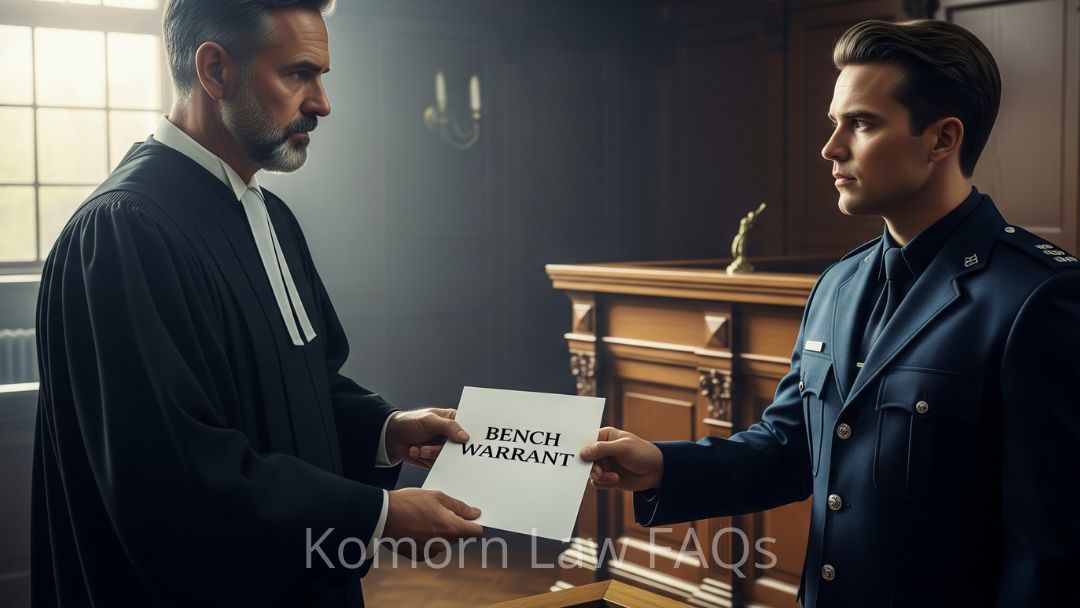The Michigan Supreme Court Wednesday shot down the state attorney general’s high-profile effort to criminally prosecute seven former public officials for their role in the Flint water crisis.
In a series of orders, the court left in place lower court dismissals of the charges, which were thrown out after an earlier Supreme Court ruling found that a prosecution team appointed by Attorney General Dana Nessel had improperly relied on a one-person grand jury to bring charges in 2021.
Wayne County Prosecutor Kym Worthy, appointed by Nessel as co-lead of the state’s prosecution team along with Solicitor General Fadwa Hammoud, had used the unusual tactic, in which prosecutors presented evidence in secret to a single judge to secure charges against multiple former public officials.
Flint Water Crisis Summary
The Flint Water Crisis was a public health crisis that started in 2014 after the drinking water for the city of Flint, Michigan was contaminated with lead and possibly Legionella bacteria. In April 2014, during a financial crisis, state-appointed emergency manager Darnell Earley changed Flint’s water source from the Detroit Water and Sewerage Department (sourced from Lake Huron and the Detroit River) to the Flint River. Residents complained about the taste, smell, and appearance of the water, and many raised concerns about its safety.
However, state and local officials repeatedly assured residents that the water was safe to drink. It was not until 2015, after months of protests and pressure from activists and public health experts, that the state finally admitted that the water was contaminated with lead.
The Flint Water Crisis had a devastating impact on the city’s residents, particularly children. Lead poisoning is especially harmful to children, and can cause a range of health problems, including learning disabilities, behavioral problems, and reduced IQ. An estimated 6,000 to 12,000 children were exposed to lead-contaminated water during the crisis.
The Flint Water Crisis is a story of government negligence and environmental injustice. The city’s decision to switch to the Flint River was made in an effort to save money, but it came at a great cost to the city’s residents. The crisis also exposed the deep racial and economic inequality in Flint, as the city’s predominantly Black and low-income residents were disproportionately affected by the contamination.
Flint Water Crisis FAQs
What caused the Flint Water Crisis?
The Flint Water Crisis was caused by a combination of factors, including:
- The city’s decision to switch to the Flint River as its water source. The Flint River is more corrosive than the Detroit water system, and this caused the city’s lead pipes to corrode and leach lead into the water.
- The state’s failure to properly treat the Flint River water. The Flint River water is more acidic than the Detroit water system, and this required the state to add corrosion inhibitors to the water to prevent lead from leaching into the pipes. However, the state failed to add enough corrosion inhibitors, which allowed the lead to leach into the water.
- The state’s failure to listen to residents’ concerns about the water quality. Residents complained about the taste, smell, and appearance of the water from the beginning, but the state repeatedly assured them that the water was safe to drink.
Who was affected by the Flint Water Crisis?
The Flint Water Crisis affected all residents of Flint, but it was particularly harmful to children. Lead poisoning is especially harmful to children, and can cause a range of health problems, including learning disabilities, behavioral problems, and reduced IQ. An estimated 6,000 to 12,000 children were exposed to lead-contaminated water during the crisis.
- What has been done to address the Flint Water Crisis?
- The state has taken a number of steps to address the Flint Water Crisis, including:
- Switching Flint back to the Detroit water system.
- Replacing lead pipes in Flint homes.
- Providing bottled water and water filters to residents.
- Providing medical care and educational support to children who were exposed to lead-contaminated water.
More Posts

Criminal Law FAQs – Operating a Vehicle with a High BAC
Michigan Criminal Laws FAQs Super Drunk (High Breath Alcohol Content)Operating a Vehicle with a High BAC (Super Drunk) - MCL 257.625(1)(c)FAQ 1: What BAC level qualifies as "High BAC" or "Super Drunk" in Michigan? Answer: In Michigan, operating a vehicle with a blood...

Judicial Accountability in Michigan for Judges
Maintaining public trust in the judiciary is paramount to a functioning legal system. In Michigan, several mechanisms exist to ensure judicial accountability, holding judges responsible for their conduct both on and off the bench. These safeguards are primarily...

Criminal Law FAQs – Bench Warrant
Michigan Criminal Laws FAQs Bench WarrantsAccording to Michigan State Law (Michigan Compiled Laws - MCL), a Bench Warrant is a court order that directs law enforcement officers to arrest and bring a specific individual before the court. It's issued by a judge (from...

Criminal Law FAQs – Traffic Offenses
Michigan Criminal Laws FAQs Traffic OffensesAccording to Michigan State Law (Michigan Compiled Laws - MCL), Traffic Offenses encompass a wide range of violations related to the operation of motor vehicles on public roads and highways. These offenses are primarily...

Criminal Law FAQs – Drunk and Disorderly
Michigan Criminal Laws FAQs Drunk and DisorderlyAccording to Michigan State Law (Michigan Compiled Laws - MCL), there isn't a specific statute that solely defines "Public Drunkenness" as a statewide criminal offense in the same way some other states might have a...

Criminal Law FAQs – Drinking Alcohol or Smoking Marijuana and Driving
Michigan Criminal Laws FAQs Operating a Motor Vehicle Under The InfluenceWalking is cool... For fun and excercise. Not because you lost your license. Don't do the crime if you can't pay the price. But if you do get charged with a crime. Better Call Komorn to fight for...

Criminal Law FAQs – Probation Violations
Michigan Criminal Laws FAQs Theft CrimesAccording to Michigan State Law (Michigan Compiled Laws - MCL), a Probation Violation occurs when a person who has been sentenced to probation fails to comply with the terms and conditions of their probation order. These terms...

Michigan lawmakers want to revive “junk science” roadside drug testing
The Roadside Drug Test...AgainHouse bills 4390 and 4391The proposed House bills 4390 and 4391 would enable law enforcement to administer tests aimed at assessing driver impairment; however, these testing devices do not provide information regarding the level of...

Criminal Law FAQs – Theft Crimes
Michigan Criminal Laws FAQs Theft CrimesAccording to Michigan State Law (Michigan Compiled Laws - MCL), Theft Crimes generally involve the unlawful taking of someone else's property with the intent to deprive them of it, either permanently or for a significant period....

Criminal Law FAQs – Domestic Violence
Michigan Criminal Laws FAQs Domestic ViolenceAccording to Michigan State Law, Domestic Violence is not a standalone criminal offense but rather a designation applied to certain crimes when the victim is a "spouse or former spouse, an individual with whom the person...











